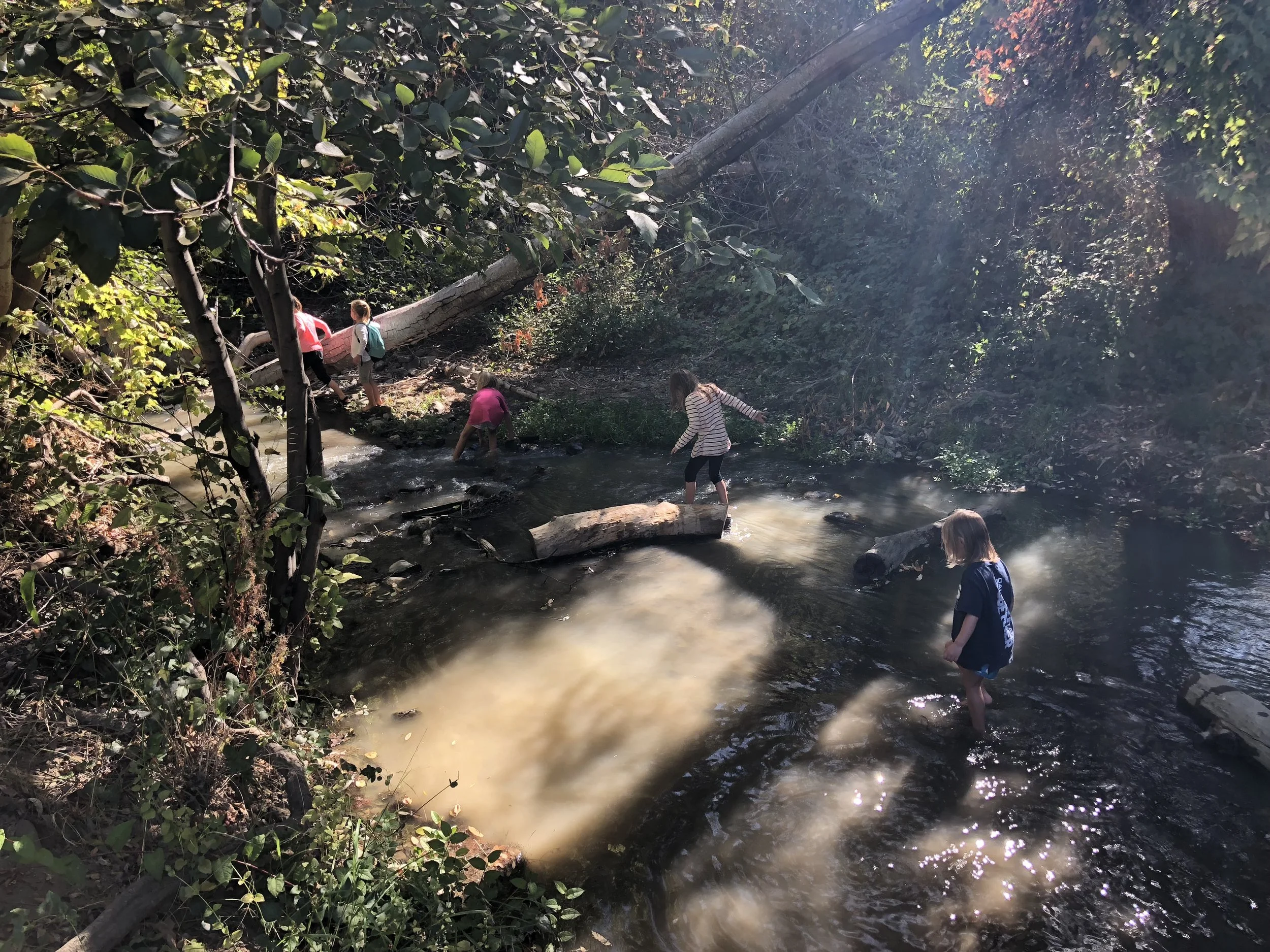I wrote this poem at the end of a long day. The words sprang up from my heart, and perfectly captured the inner wrestling I feel as a parent of young children.
They say I’m a Type A person,
And on the outside, that may well be.
But beyond the noise and the doing,
Type B beckons to me.
Type B is less inclined to talk,
She’d rather just observe.
She's content to sit by the side of a stream
while her little ones listen for birds.
Type B doesn’t worry about dinner,
or lists, or keeping things clean.
She’s fully engaged in the moment she’s in,
and it is there her eyes truly see.
The bluebird, darting back and forth,
to and from the enormous oak tree.
The creativity of her children,
as they turn mulch into lemonade-tea.
The scales are shed.
Type A put to bed,
for a moment I can finally breathe.
How I long for Type B to be constant.
My alter-ego to stay for a while.
And then it strikes me,
perhaps Type B IS my true self.
And all this “A” stuff is just a disguise…
Off with it!
Away!
Shed these layers!
Say good-bye!
Farewell to you, once and for all.
No more competing, achieving,
aching and bleeding.
I’m ready to be done with it all.
Now, hideout, and listen,
Come away, hear My whisper
and emerge, restored from The Fall.
I don’t need to perform to gain His approval,
He loves me just as I am.
Just me.
Type B.
Still heart.
Set free.
Finally free to be me.

